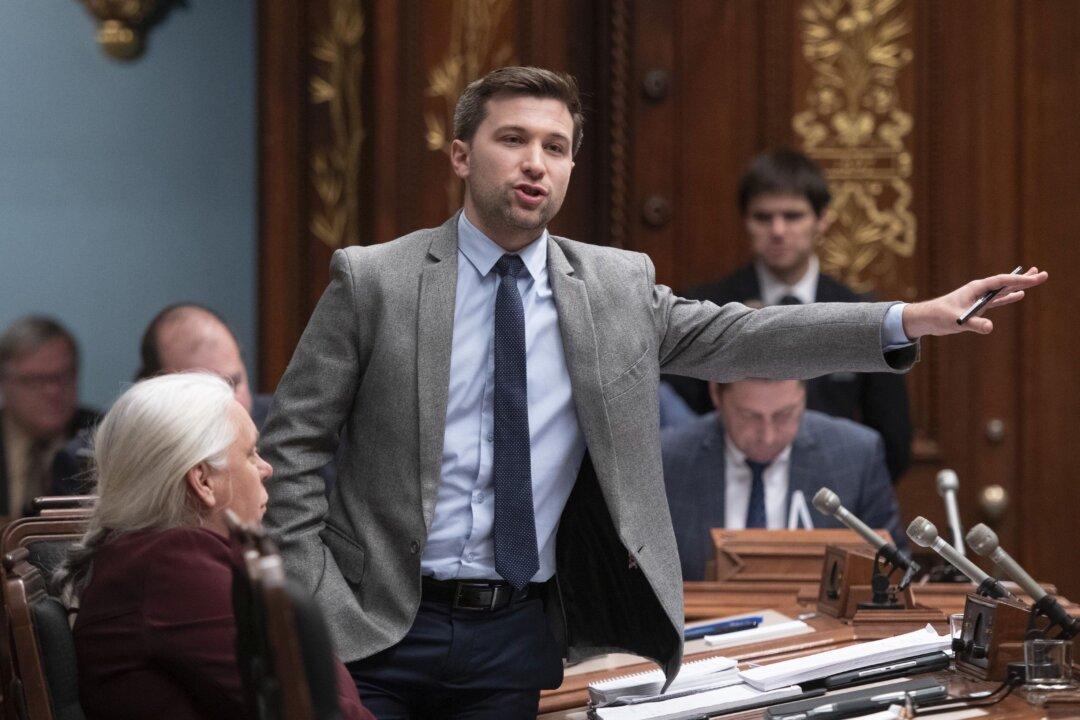The Parti Québécois, the bastion of the push for Quebec independence for so many years, is floundering due to dwindling support and a changing political landscape. At just 17 percent popular support, the PQ had its worst-ever showing in the last Quebec election.
However, as the party heads toward choosing a new leader this summer, it finds itself buoyed by the renewed popularity of the federal Bloc Quebecois.





